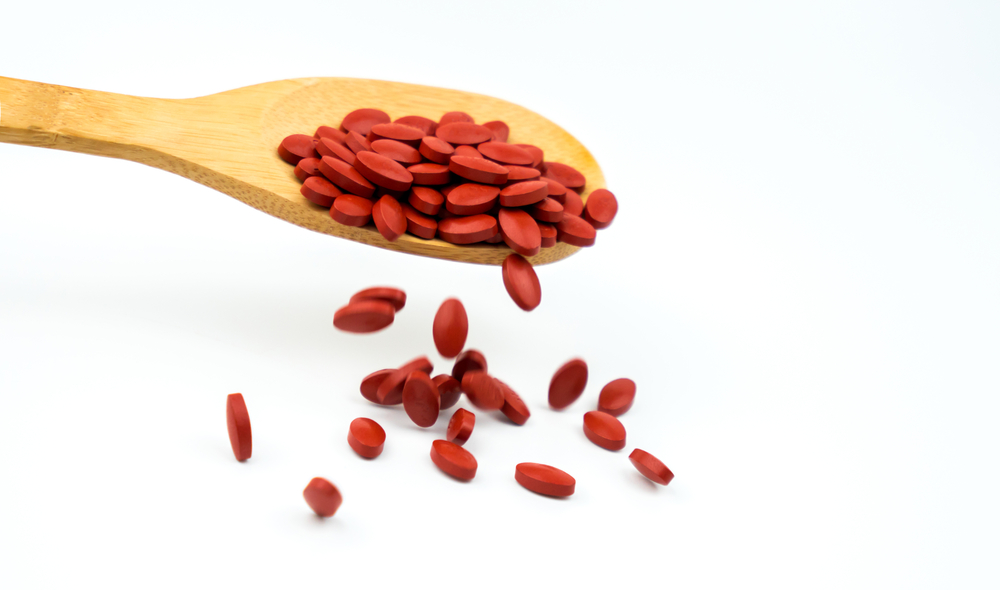Contents:
- Medical Video: Tips to get your baby & toddler to eat well
- Give different portions
- Limit snacks twice a day
- Don't use the "reward" system
- Make sure that your child is really hungry or thirsty when asking for food or drinks
- Set your child's eating habits
- Calculate your child's food calories every day
- Don't worry if your child is eating irregularly
- Limit milk
Medical Video: Tips to get your baby & toddler to eat well
Many parents worry whether their child has enough to eat or turns out to lack nutrition. Here are tips to ensure that your child has eaten enough, but not too much until it's over.
Give different portions
The portion of the baby is certainly much different from the eating portion of adults. Offer small portions first, and only give additional portions only if your child asks for it. Generally, the portion of children is around half the portion of adults. For some foods, the appropriate portion is in accordance with your child's fist. The following are the appropriate portions for the child.
- 1 teaspoon = 5ml
- 1 tablespoon = 15 ml
- 1 ounce = 30 ml
- 1 cup = 8 ounces = 240 ml
- 4-6 ounces (120 - 175 ml) of milk or fruit juice
- 4 tablespoons of vegetables
- 1⁄2 cups (125 g) cottage cheese or yogurt
- 1/2 cup (15 g) breakfast cereal
- 2 ounces of chicken
- 1 sheet of bread
- 1 teaspoon of margarine, butter or salad dressing
Limit snacks twice a day
Choose a healthy snack menu instead of offering food junk food like soda, candy, cakes, or salty and oily foods. As long as your snack menu is healthy, you can give your child snacks twice a day. More than two days a day will damage your child's appetite for heavy food. Unhealthy snacks can increase the risk of tartar. To reduce the risk of tartar and excess calories, you can provide an alternative snack below. Keep in mind that it takes several times to adjust your child's appetite for new foods:
- Fruit
- Yogurt
- Carrot sticks, celery or cucumber (dipped in a low-fat sauce)
- Wheat muffins
- Crackers or whole wheat bread
- Cheese
- Your child may consume dessert or sweet foods, but choose cookies Low-fat oatmeal or other low-fat foods
Don't use the "reward" system
Motivating children to want to eat healthy is necessary, but do it naturally. If you continue to give gifts so that children want to eat, this will backfire for parents and children themselves. Children who are always promised a reward if they spend food, will eat not because they want to eat, but because they just want to reward-just like that. In the long run, the system reward excessive will form a spoiled person and the habit of waiting for rewards
Make sure that your child is really hungry or thirsty when asking for food or drinks
If it turns out the reason they are whining is because they want your attention, turn their minds by asking them to chat or play together. Do not leave the child always with food.
Set your child's eating habits
Don't let your child eat while playing, listen to stories, or watch TV. By letting your child eat 'unconsciously', he will go through a period of fullness without realizing it
Calculate your child's food calories every day
The calories needed for children aged 4 - 5 years are 900 to 1,500 or 40 calories per 1/2 kg body weight.
Don't worry if your child is eating irregularly
One day maybe he eats all that is available, and the next day he doesn't care about all the other foods. When your child is unwilling to eat, maybe your child is not hungry because your child's activities are not as dense as the day before. If your child is feeling bored or sad, he will reject the food you give. If this happens, do not force the child to eat. You don't need to worry because your child won't let himself starve. However, if the child's appetite decreases and lasts more than one week, or there are symptoms of illness such as fever, diarrhea, or weight loss, immediately consult your pediatrician.
Limit milk
Milk is an important food ingredient because it is rich in calcium. However, drinking too much milk can reduce a child's appetite for other important foods. So, limit the daily portion. Your child can only drink 2 cups (480 ml) of low-fat milk per day to meet his calcium needs.












